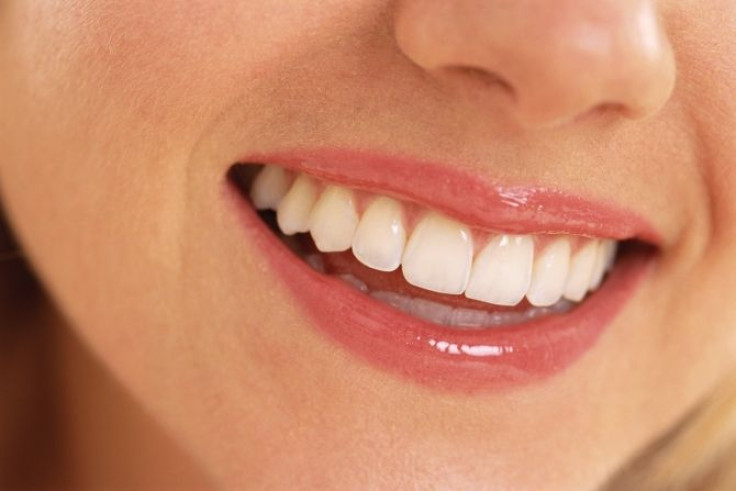Gum Disease, Not Osteoporosis, Is the Most Common Form of Bone Loss

While many associate bone loss with osteoporosis or osteoarthritis, studies suggest the most common bone loss is linked to periodontal disease.
Periodontal disease, most commonly known as gum disease, is infections of the gums and bones that surround the teeth. Warning signs include but are not limited to bad breath, red or swollen gums, tender or bleeding gums, painful chewing, loose teeth and sensitive teeth.
It is estimated that about three-quarters of the population will experience gum disease. However, since it is painless, many people are unaware and gum disease goes untreated until it may be too late.
Receiving funding from the Canadian Institutes of Health Research, researchers at the University of Toronto are aiming to uncover new ways to identify bone loss in gum disease. Dr. Michael Glogauer and his colleagues are aiming to use novel biomarkers to develop diagnostic tests, such as a rinse that patients can use at home to help them identify if they have the disease in the initial stage to prevent bone loss before it occurs. In addition, researchers want to identify those patients who have severe forms of gum disease, identify the aggressive forms of the disease and be able to treat it more aggressively compared to the standard patient.
Glogauer, associate professor with the Faculty of Dentistry, alongside Professor Sergio Grinstein, Professor Christopher McCulloch and Dr. Deborah Mathews, will be collecting fluid from patient’s mouth and around the teeth, and carrying out high throughput screening and analysis of these fluids in order to distinguish novel biomarkers.
With the help of a white blood cell called a neutrophil, the rinse test which is precisely known as the colormetric rinse test, measures the oral inflammatory load, which will alert dentists if a patient has any signs of inflammation in their gums.
Glogauer, hopes to determine the genes associated with the aggressive bone loss in patients as a means to improve health care.
Knowing the inflammatory system impacts bones and cause bone loss, researchers at the University of Toronto, have confidence that the indicators found in the mouth will be very relevant to assist in treatment for other diseases such as arthritis.
"This will be an excellent way to take the knowledge we find and test it out for other conditions," Glogauer said.



























